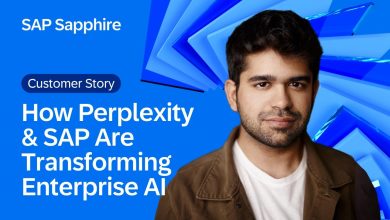Is There a New King of AI Coding?
Google's new Gemini 2.5 Pro "IO Edition" has landed, and it's shaking up the AI coding world. This latest release is now ranked #1 on coding benchmarks like LM Arena and Web Dev Arena, overtaking popular models like Anthropic's Claude 3.7 Sonnet.
Google’s new Gemini 2.5 Pro “IO Edition” has landed, and it’s shaking up the AI coding world.
This latest release is now ranked #1 on coding benchmarks like LM Arena and Web Dev Arena, overtaking popular models like Anthropic’s Claude 3.7 Sonnet.
Gemini 2.5 Pro “I/O Edition” is shaking up the AI coding world by prioritizing usability, aesthetics, and multimodal integration, challenging the status quo of raw model power.
Its early release reflects Google’s aggressive push to maintain AI leadership, especially as competitors like OpenAI (with o3-mini) and Meta (Llama 4) advance. The model’s ability to handle complex tasks with minimal input could democratize app development, but its proprietary nature and reliance on Google’s platforms may alienate developers seeking flexibility.
- Code Generation and Transformation: The model excels at generating, editing, and transforming code with high precision. It can rewrite entire codebases, handle complex code edits, and create sophisticated agentic workflows (where AI autonomously manages multi-step tasks). For example, it can produce a fully functional video game or interactive web app from a single prompt.
- Front-End Web Development: It’s particularly strong in UI-focused development, automatically matching visual styles (e.g., colors, fonts, padding) and generating CSS with minimal manual input. It powers apps like the dictation starter app with features like wavelength animations and responsive designs.
- Video-to-Code Functionality: A standout feature is its ability to convert YouTube videos into fully featured web apps, leveraging its video understanding (84.8% on VideoMME benchmark). This is currently exclusive to Google AI Studio.
For developers, it’s a game-changer, enabling faster, more creative workflows. For the industry, it raises the bar, forcing rivals to focus on practical tools over theoretical benchmarks. However, its long-term impact depends on Google addressing privacy, integration, and benchmark transparency concerns while maintaining competitive pricing.



